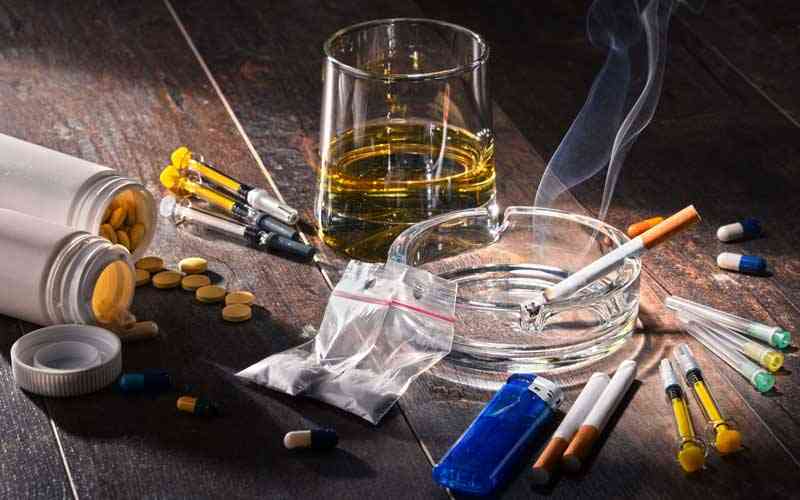
Zimbabwe police have launched a crackdown against drug abuse, smuggling and trafficking which health authorities say is rising and seriously wrecking the lives of the country’s youth population.
This ZimFact factsheet addresses some information around a problem which has turned into a crisis almost overnight.
What is the size of the problem in terms of drug and substance abusers?
The Zimbabwe authorities did not publish any figures ahead of the crackdown launched in the capital Harare on February 3.
But drug rehabilitation centres are full, and unable to cope with rising demand to accommodate new patients. The centres are estimated to be holding or treating about 5 000 people at any time, with tens of thousands others either not coming forward for, or getting any assistance.
Zimbabwe only has a dozen plus “big” institutions providing drug and substance abuse rehabilitation services, largely a reflection of how recent the crisis is for the country.
With the rising problem, some private medical and voluntary organisations are now also offering services. But the number of these new service providers is hard to pin down.
What about the smugglers and dealers?
- Byo armed robber in court
- Woman jailed 12 years for indecent assault
- Magistrate jailed 3 years for abuse of office
- Zim’s poor batting hands India series
Keep Reading
The latest police campaign against abusers, smugglers and traffickers shows that drugs are being pushed across the country but mostly in urban districts in both small-scale and industrial quantities by petty traders and organised criminal syndicates.
Where are the drugs coming from?
The drugs are being smuggled into the country from abroad but mostly through Zimbabwe’s land borders with Mozambique and South Africa, which are also facing drug trafficking problems.
Authorities say some small amounts of illicit drugs, concoctions and alcohol are also manufactured in townships in Zimbabwe’s major towns like Harare, Bulawayo, Gweru and Mutare.
Who is mostly doing drugs?
According to a World Health Organisation 2019 report, Zimbabwe has the highest rate of 15 to 19-year-olds engaging in heavy “episodic drinking” in Africa, with 70.7% of males and 55.5% of females participating. Unfortunately, this age group is also heavily involved in drug dealing and use.
How do drugs work?
Drugs are essentially poisons, and the amount taken determines the effect. A small amount can act as a stimulant, while a greater amount can act as a sedative. If taken in excessive amounts, drugs can be fatal.
Many drugs tend to distort a user’s perception of reality, leading to irrational and destructive behaviour.
The medical experts say drugs block off both desirable and undesirable sensations, providing short-term relief from pain but also wiping out alertness and muddying one’s thinking.
What are the commonly used drugs and substances in Zimbabwe?
Commonly used substances in Zimbabwe include Codeine; Methamphetamine (crystal meth, commonly known as meth, speed, mutoriro, chalk, ice, crank, guka); glue; Bronclee (Bronco); solvents – fembo and Genkem; Chlorpromazine – maragado; mangemba; cane spirit; cocaine, cannabis/marijuana/mbanje (which is mostly abused or traded under a variety of street names such as – mbanje, ganja, dope, weed, blunt, grass, pot, boom, spliff, Mary-Jane, Skunk or Kiff, among others)
What is the cause of the rise in drug and substance abuse?
According to https://drugfreeworld.org, many young people take drugs for a number of reasons, including to:
- fit in or for entertainment;
- escape reality or relax;
- relieve boredom;
- rebel; and
- Experiment.
What are the implications of drug and substance abuse?
The Ministry of Health and Child Care has identified certain substances as major contributors to risky sexual behaviour, cardiovascular and neurological disorders.
Substance abuse can lead to a range of short and long-term psychiatric complications, such as addiction, stress, depression, anxiety, suicide and even psychosis. This addiction can have a devastating impact on communities, resulting in increased violence, robberies, unemployment and the need for more rehabilitation centers.
What does the law say about drug and substance abuse?
Drug abuse is illegal under Zimbabwean laws and punishable by fine or prison terms.










